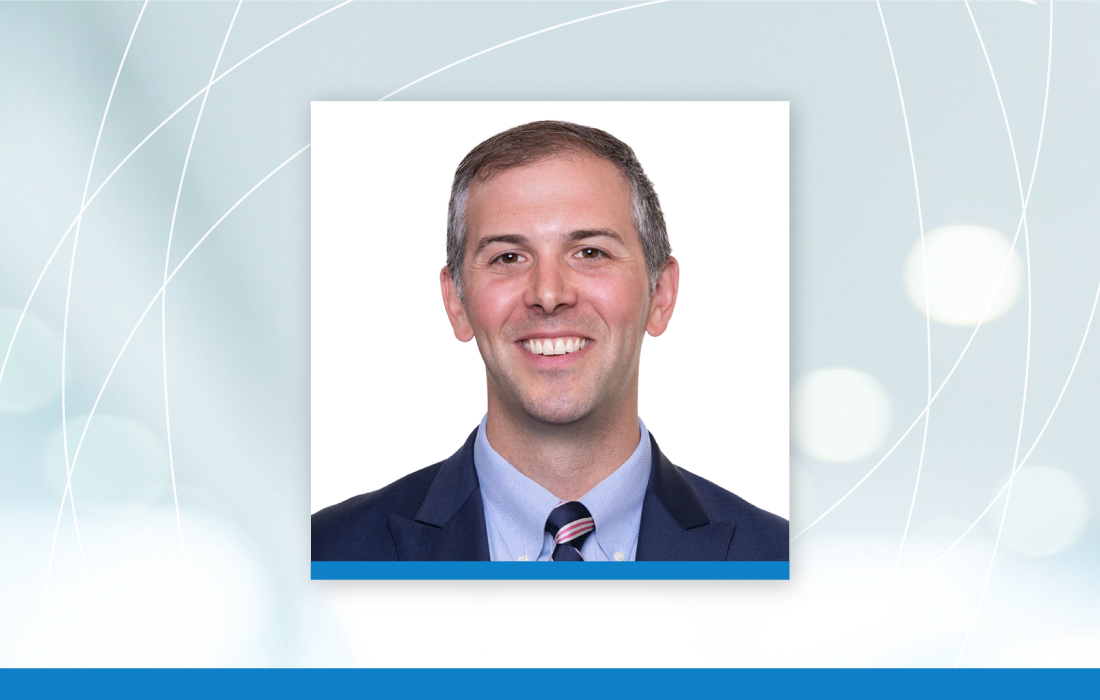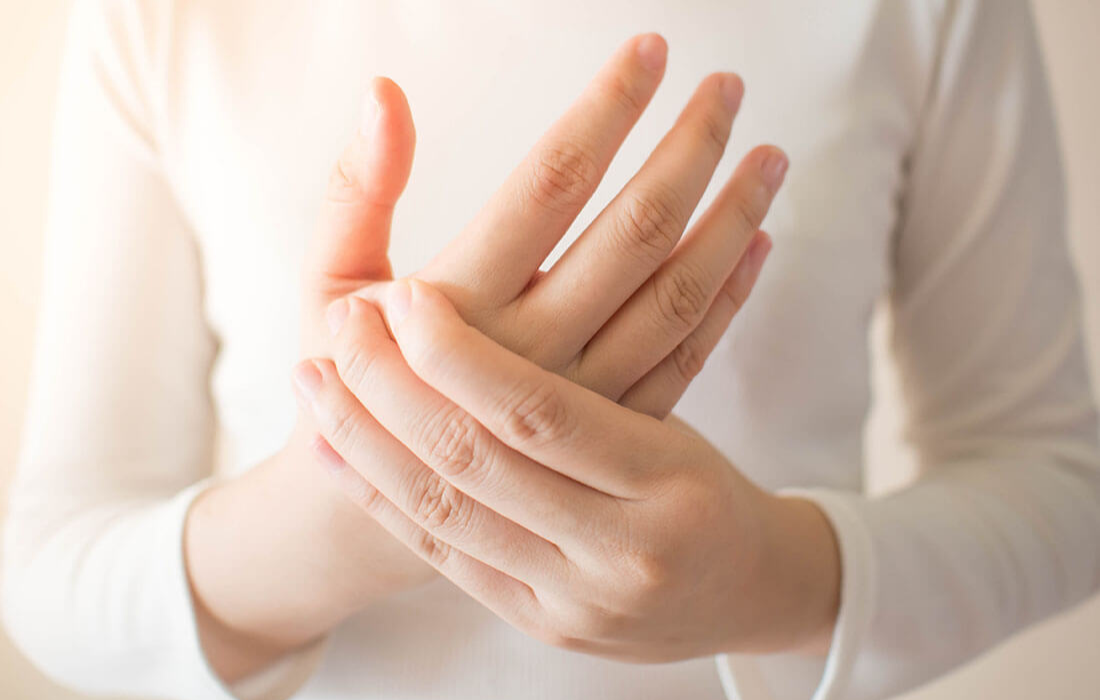Dupuytren’s contracture, also known as Dupuytren’s disease, is a condition that causes the hands and fingers to become bent and pulled inward toward the palm. It is caused by abnormal thickening and tightening of tissue called the fascia, which sits just below the skin of the palm.
The fascia gives shape and stability to the palm. Without it, the skin of the palm would be as loose as the skin on the back of the hand. In Dupuytren’s contracture, the fascia thickens into knots or lumps called nodules. Over time, these nodules thicken into cords that can pull on one or more of the fingers.
Symptoms of Dupuytren’s Contracture
Dupuytren’s contracture typically progresses slowly. The fascia nodules are not usually painful. Symptoms typically begin with the skin on the palm thickening. It may look dimpled or puckered.
Next, nodules may form, and these nodules can pull fingers out of their normal, extended position. The ring and pinky fingers are affected most often. Dupuytren’s contracture causes them to curl, and in severe cases, it can be difficult or impossible to extend them.
Causes and Risk Factors
The cause or causes of Dupuytren’s contracture is unknown. There is no evidence to suggest it is caused by overuse of the hand or any particular occupation. Genetics seems to play the greatest role.
Risk factors for developing Dupuytren’s contracture include:
- Age: The condition develops more often in people over age 50
- Certain medical conditions: There’s evidence to suggest an association with Dupuytren’s contracture and diabetes, liver disease and epilepsy
- Ethnicity: People of northern European ancestry (from Scandinavian countries such as Norway and Finland) develop Dupuytren’s contracture more than others
- Sex: Males are more likely than females to have the condition
- Tobacco and alcohol use: Smokers and people who drink alcohol are more likely to develop the condition
Diagnosis
A medical history and physical examination are almost always sufficient to diagnose Dupuytren’s contracture. The medical history is to determine when symptoms began and also to uncover if any relatives have had the condition.
During a physical examination, a doctor will carefully examine the hands and fingers. The doctor will check the thickness and feel of the skin on the palm, as well as the locations of any nodules and cords.
Dupuytren’s Contracture Treatment
Dupuytren’s contracture cannot be cured, but it can be managed in a variety of ways. Because it progresses slowly, many patients do not need any treatment at the time of diagnosis, only observation and monitoring.
Treatment is aimed at breaking up the cords that are pulling on the fingers. One such treatment is needling, where a needle is inserted into the cord to disrupt its structure.
Sometimes the needle is filled with medicine like a corticosteroid and sometimes there is nothing, a technique known as dry needling. Certain enzymes can be injected into the cord to weaken it, allowing a doctor to attempt to break the cord at a later time.
Surgery may be helpful in severe cases. It will involve either dividing any cords pulling on the fingers or removing a large portion of fascia entirely. The hand will need to be immobilized by a splint, and physical therapy will be necessary after the surgery. Some surgeries require a skin graft.
Since Dupuytren’s contracture cannot be cured, the condition may eventually return. However, surgery is intended to “reset” the condition, a viable option to some people given how slowly Dupuytren’s contracture progresses.
If you have or suspect you have Dupuytren’s contracture, request an appointment at UOA. Our hand specialists will be able to make a diagnosis and suggest the most appropriate and effective treatment for you and your circumstances.




